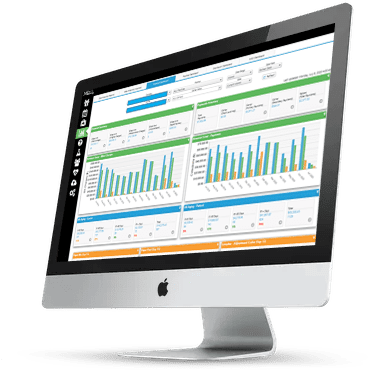AI, cybersecurity, health equity and the evolution to nursing are just some of the topics health leaders discussed at the 2024 HIMSS Global Health Conference & Exhibition in Orlando.
ORLANDO – If there’s a lesson to be learned regarding healthcare analytics, it’s that it pays to have a good handle on the data. That was the mandate at Children’s Hospital Colorado, which serves children from a seven-state region. This means that shepherding the data to where it needs to go can be a complex […]
The partnership grows the portfolio of the clinical surveillance and life sciences side of the business, says Inovalon’s Julie Lambert, president & provider GM, and Hayley Burgess, SVP for provider surveillance and safety.
ORLANDO – Health systems are caring for patients during a time of workforce shortages and patient demands for the same convenient options they get online from retailers.
Healthcare industry leaders and insiders discuss hot topics in focus at the 2024 HIMSS Global Health Conference & Exhibition.
ORLANDO – The physical assets of many hospitals and healthcare facilities in the U.S. are degrading and need investment, but when replacing an old building, it’s not enough to simply rebuild it brick-by-brick. Digital technology in healthcare is developing rapidly, and any new construction projects should take this into account.
ORLANDO – In a world of high addiction rates, mental healthcare crises and increasing suicide rates, one healthcare organization in South Dakota is trying something a little different.
ORLANDO – Digital health experts talked about the state of healthcare investment and what’s needed to close the gap in a fragmented care delivery model.
ORLANDO – Telehealth technology has advanced rapidly over the past few years, and while it’s both popular and promising, it has also shined a light on the contrast between patient populations with and without adequate access and digital health literacy, the latter of which are less likely to engage in this type of medical care.
Clinical and technology leaders from Mass General Brigham, AWS and GE HealthCare came together at HIMSS24 to discuss what’s needed to move AI forward.

